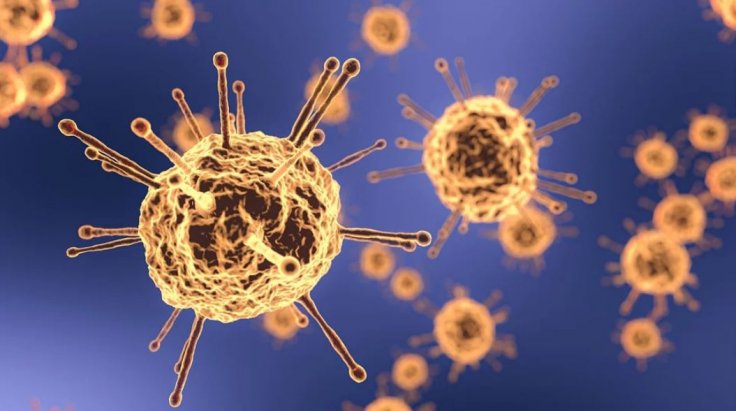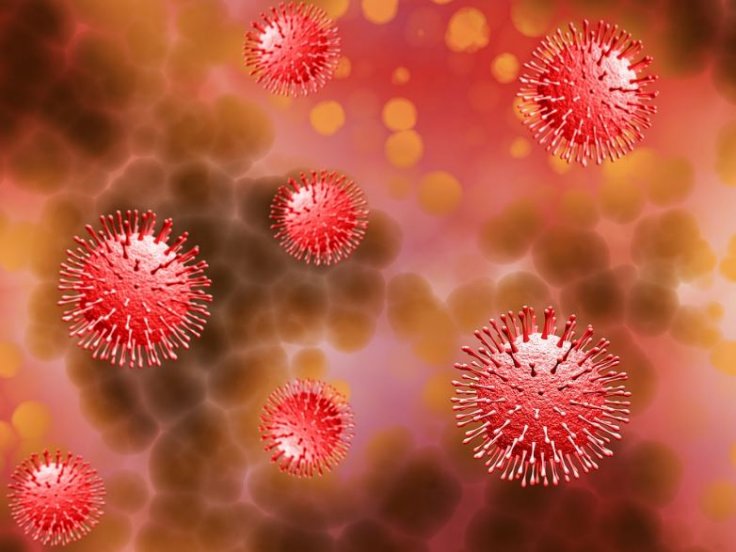Among those who have had the misfortune of being afflicted with COVID-19, a sizeable number of individuals have been lucky enough to be stricken by a mild course of the disease. Now, a new study has found that there are seven different 'forms of disease' within the mild cases of the SARS-CoV-2 coronavirus infection.
According to researchers from the Medical University of Vienna, causes a significant change to the immune system, even 10 weeks after initially being infected with the disease. "Our findings contribute to a better understanding of the disease and help us in the development of potential vaccines, since we now have access to promising biomarkers and can perform even better monitoring," the authors emphasized.
Immune Changes Weeks After Infection

The study involved a cohort of 109 convalescents (recovering patients) and 98 healthy individuals formed the control group. Their blood samples were analyzed and the activity of SARS‐CoV‐2 specific antibody levels against viral proteins was determined.
Upon examination, the researchers found that the disease left behind long identifiable changes in the blood of convalescents, much like a fingerprint. They found that a form of granulocytes (WBCs with small granules) known as neutrophils which play an important role in fighting against pathogens, was notably lower in patients with COVID-19. However, T-cells (a type of immune cell) with the glycoproteins CD4 and CD8, had developed memory cells—immune cells formed after an infection to identify the pathogen in the future—and the activity of the CD8 T-cells continued to remain powerfully activated.
This suggests that even after several weeks of the infection, the immune cells were strongly engaged with COVID-19. "At the same time, the regulatory cells are greatly diminished – and that is likely a dangerous mix, which could lead to autoimmunity," said Dr. Winfried F. Pickl, lead author of the study, in a statement.
Seven "Forms" of Mild COVID-19

Through the investigation, the authors identified seven groups of symptoms that constitute the seven 'forms of the disease'. They were: (i) common cold-like symptoms (with a dry throat, nasal congestion, rhinitis, and sneezing); (ii) flu-like symptoms (with chills, cough, fatigue, and fever); (iii) eye and mucosal inflammation; (iv) lung problems (with shortness of breath and pneumonia); (v) gastrointestinal problems (including diarrhea, headache, and nausea); (vi) joint and muscle pain; and (vii) loss of sense of smell and taste and other symptoms.
"In the latter group we found that loss of smell and taste predominantly affects individuals with a 'young immune system', measured by the number of immune cells (T lymphocytes) that have recently emigrated from the thymus gland. This means that we were able to clearly distinguish systemic (e.g., groups 1 and 3) from organ-specific forms (e.g. groups 6 and 7) of primary COVID-19 disease," explained Pickl.
Potential to Aid In Vaccine Development

It was also found that levels of the immune cells that produce antibodies were at elevated levels in the blood of convalescents. The higher the fever that the patients with mild COVID-19 had, the higher were the levels of antibodies against the coronavirus.
"Above all, the study shows that the human immune system "doubles up" when defending against COVID-19 with the combined action of immune cells and antibodies – like the defence in a modern soccer team – and that the cells are also able to memorize certain "moves" on the part of the virus (Note: "memory") and respond to them," the authors said.
Talking about the potential of the study has in the formulation of vaccines and treatment, the researchers added, "Now it is a matter of implementing these findings and using them for the development of highly-effective COVID-19 vaccines."









